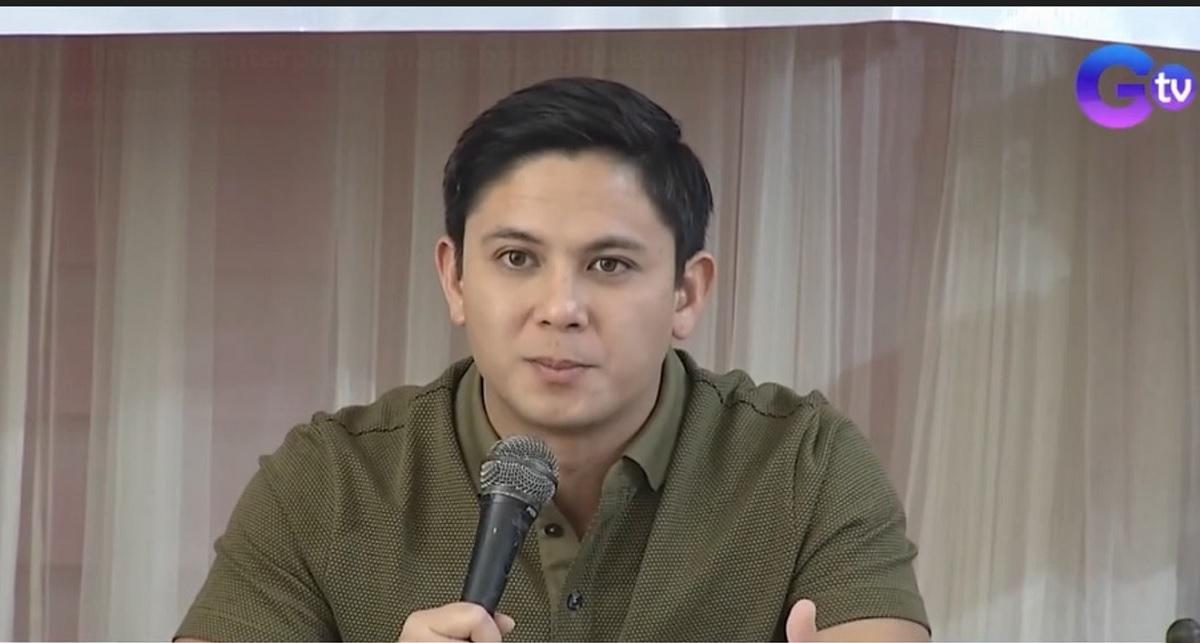DOJ to give Marcos 'briefer' on legal options for possible ICC warrants

The Department of Justice (DOJ) is preparing a briefer on the legal options available to President Ferdinand Marcos Jr. regarding any arrest warrants that may be issued by the International Criminal Court (ICC), Justice spokesperson Mico Clavano said Wednesday.
“The briefer will be an objective analysis of the pros and cons of each option,” Clavano said in a message to reporters.
He added that the briefer is being done “with an awareness that policy frameworks may evolve.”
Clavano said the briefer will contain the implications should the country stay out of the ICC or if the government should return as well as the legal obligations that may arise.
“Kasi aware naman tayo na yung policy ngayon ng gobyerno, hindi papasukin ang ICC, ay posible naman mag iba. So, it would have to be a very objective briefer para malaman ni Presidente kung paano siya gagalaw,” Clavano said in an ambush interview.
(We are aware that the government’s policy to not allow ICC to enter may change. So it would have to be a very objective briefer so the President may know which decision to pick.)
Clavano issued the remark when sought for comment on the possibility of the ICC issuing an arrest warrant soon in relation to the Duterte administration's war against illegal drugs, as claimed by former senator Antonio Trillanes IV.
Trillanes said the ICC may push for the arrest warrant through the International Criminal Police Organization (INTERPOL).
“This will come in batches. The first batch si (Rodrigo) Duterte, the father. The second batch, baka sila (Senator) Bong Go, Bato (Senator Ronald dela Rosa), at si Vice President Sara Duterte. Tapos ang third batch would be some PNP officials and some other senior officials of the Duterte administration,” he added.
(This will come in batches. The first batch is for Rodrigo Duterte, the father. The second batch may be against Bong Go, Bato, and Vice President Sara Duterte. The third batch would be some PNP officials and some other senior officials of the Duterte administration.)
Clavano, however, said that INTERPOL must still tap local law enforcement agents, citing the arrest of former Negros Oriental lawmaker Arnie Teves in Timor-Leste by INTERPOL and local agents.
“At the very least, kailangan po kasi nila mag tap into our law enforcement agencies," he said.
(They need to tap our law enforcement agents.)
He also said that the DOJ also has no information on Trillanes' claims, adding that the department relies on the Department of Foreign Affairs on any official information from the ICC.
Clavano said the President ordered the DOJ to study the matter even before Trillanes’ latest pronouncements.
Marcos earlier said his government will not serve any arrest warrant from the ICC against former President Duterte.
"We don't recognize the warrant that they will send to us...That's a no," Marcos said in April.
He also said that he does not recognize the jurisdiction of the ICC in the Philippines, adding that he considers it a threat to the country's sovereignty.
"We are well within international law when we take the position of not recognizing the jurisdiction of ICC in the Philippines," Marcos added.
Other key officials in the administration such as Justice Secretary Jesus Crispin Remulla and Solicitor General Menardo Guevarra have maintained that the government has no legal duty to cooperate with the ICC.
The Philippines, under Duterte, withdrew from the Rome Statute, the treaty that established the ICC, in 2019 after the tribunal began a probe into his administration's drug war.
The scope of the ICC probe included killings that transpired from November 2011 until March 2019, including those killings made by Davao Death Squad when the elder Duterte was still the mayor of Davao City before assuming the presidency in June 2016. — with inputs from Sandra Aguinaldo/VAL/RSJ, GMA Integrated News




